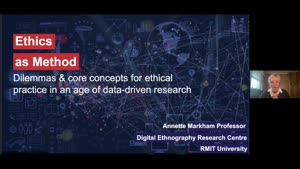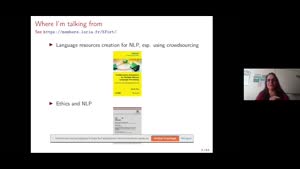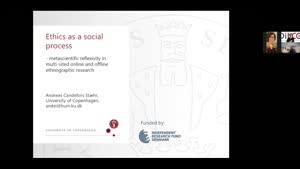What language technology has to say about us: DiLCo Lecture Series 2023 (23 March) - Malvina Nissim - University of Hamburg
- Lecture2Go
- Catalog
- F.5 - Geisteswissenschaften
- Sprache, Literatur, Medien (SLM I + II)
- Digital language variation in context (DiLCo)
Catalog
What language technology has to say about us: DiLCo Lecture Series 2023 (23 March)
Malvina Nissim holds a Chair in Computational Linguistics and Society at the University of Groningen, The Netherlands. Her research focuses both on language modelling aspects as well as on the impact that language technology has on society. She's thus also regularly involved in outreach activities, and is a member of the ACL Ethics Committee. She graduated in Linguistics from the University of Pisa, and obtained her PhD in Linguistics from the University of Pavia. Before joining the University of Groningen, she was a tenured researcher at the University of Bologna (2006-2014), and a post-doc at the Institute for Cognitive Science and Technology in Rome (2006) and at the University of Edinburgh (2001-2005). She is the 2016 University of Groningen Lecturer of the Year.
Tools based on Language Technology, or Natural Language Processing, are by now part of daily life, both in the personal realm as well as in the work-related arena. Recommender systems on social media, automatic translators, job application assessors are just some examples.
All of such tools are built through massive exposure to texts that people at large have produced: as books, news, posts on social media, and anything really which has been published on the internet. What kind of information about us, both as individuals and as members of the society which we live in, is thus implicitly captured (and reproduced) by such tools via the language we use? Considering that people engage with these tools daily, often even unknowingly, what are the advantages and the risks associated with them, both in terms of potential misuse and representativity of (slices of) humanity?
I will unpack such questions discussing some relevant NLP tasks; I will zoom in on bias, showing how it can be found in models, algorithms, data, society, and - importantly - in ourselves, too. I will critically reflect on these aspects by interacting as much as possible with the audience.
DiLCo Lecture Series 2023 aims to showcase cutting edge international research on digitally language and communication by both senior and younger researchers from across the world. We wish to present research that explores digital language and communication by drawing on key concepts and topics in socio-cultural linguistics, such as community, context, identity, mediated interaction, multimodality, and linguistic change. We particularly welcome presentations of innovative methods that cut across traditional disciplinary boundaries.
---
DiLCo (‘Digital language variation in context’) is a 3-year international research network initiated in 2021 at the University of Hamburg. The network brings together researchers from Europe and USA with expertise in computational, interactional, and ethnographic approaches to digital language and linguistics. It aims to provide a platform for the development of interdisciplinary ideas in digital language and communication research, and for early-career capacity building.

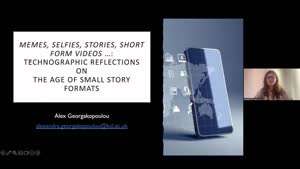
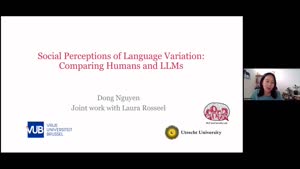
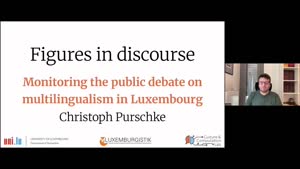
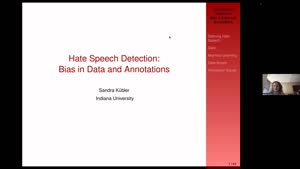
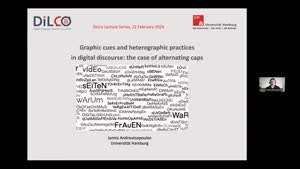
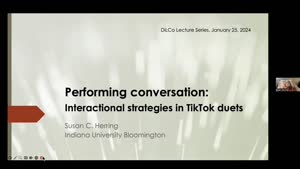
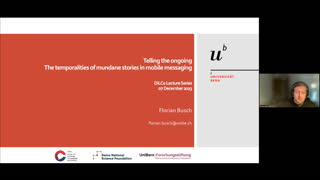
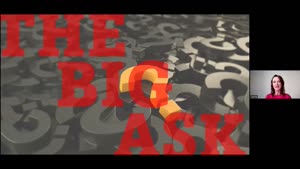
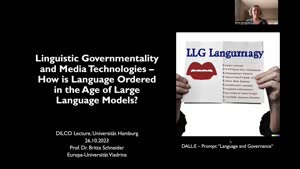
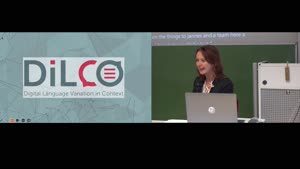
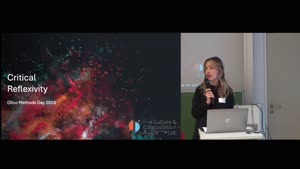
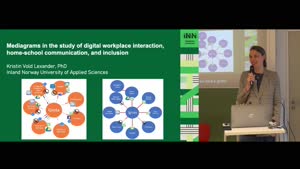
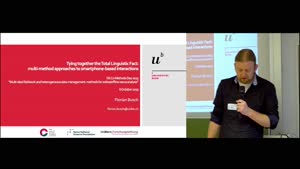
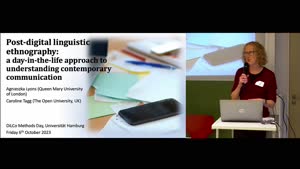
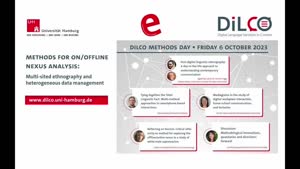
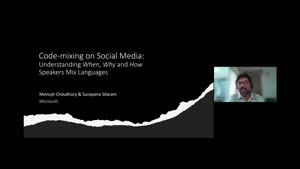
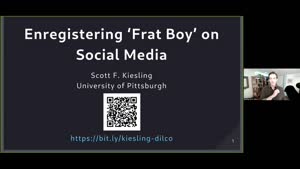
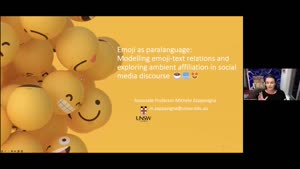
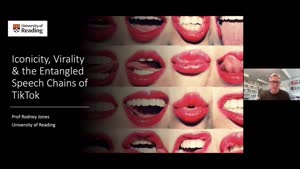
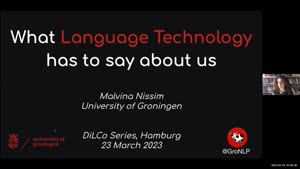
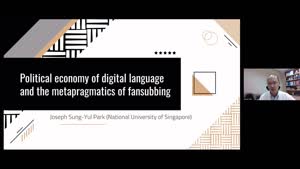
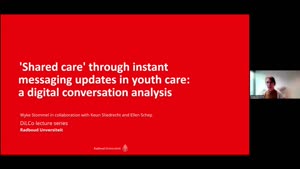
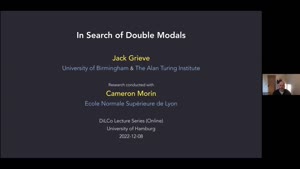
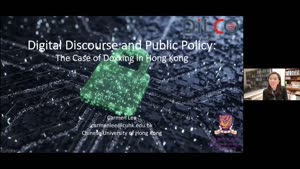
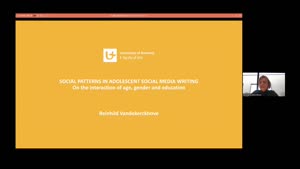
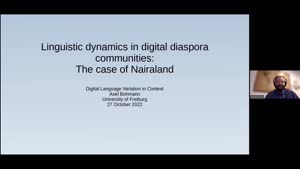
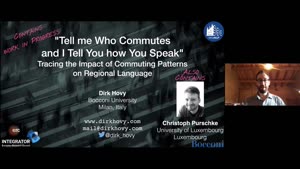
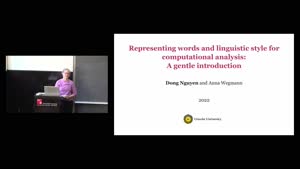
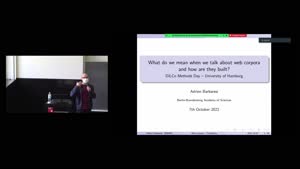
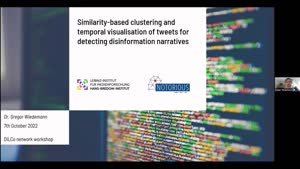
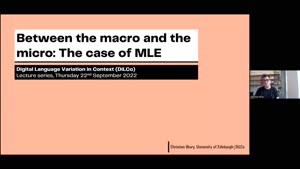
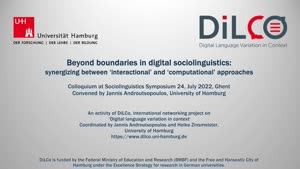
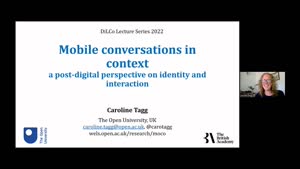
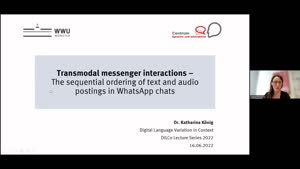
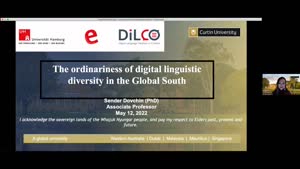
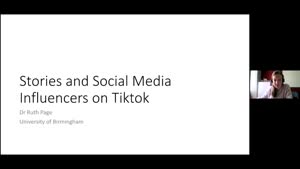
![Thumbnail - Graphic Prosody and political discourse on Greek Reddit [Presentation in Greek]](https://lecture2go.uni-hamburg.de/images/00.000_video-61074_2022-03-30_18-30_m.jpg?lastmodified=1663761108652)
